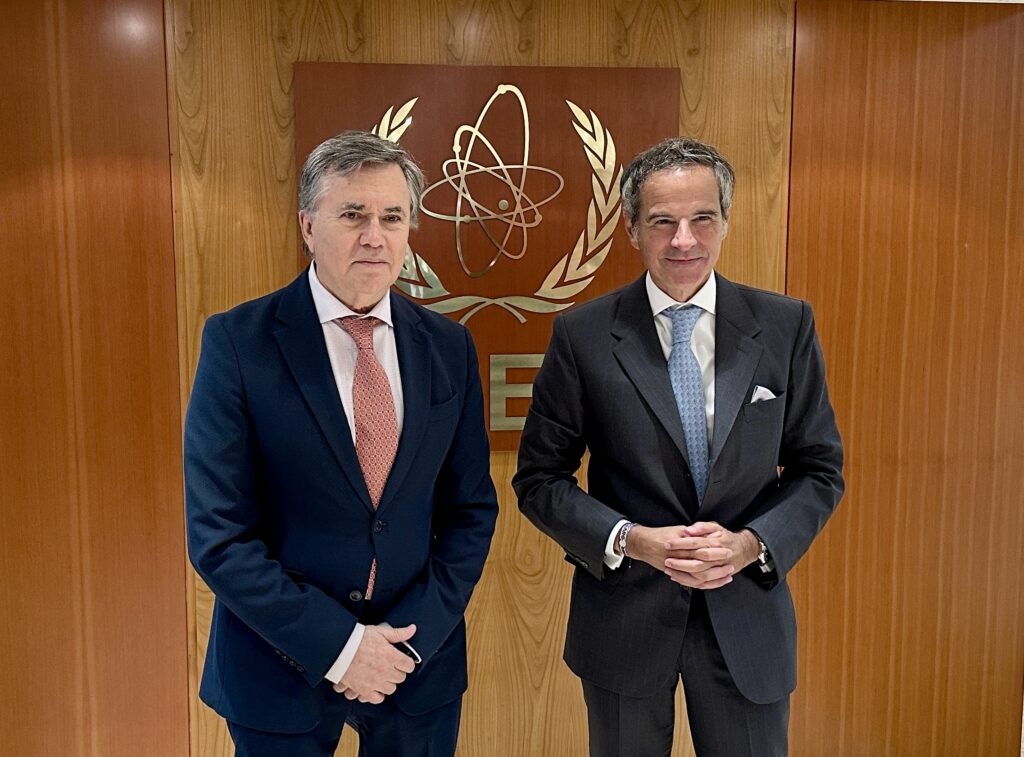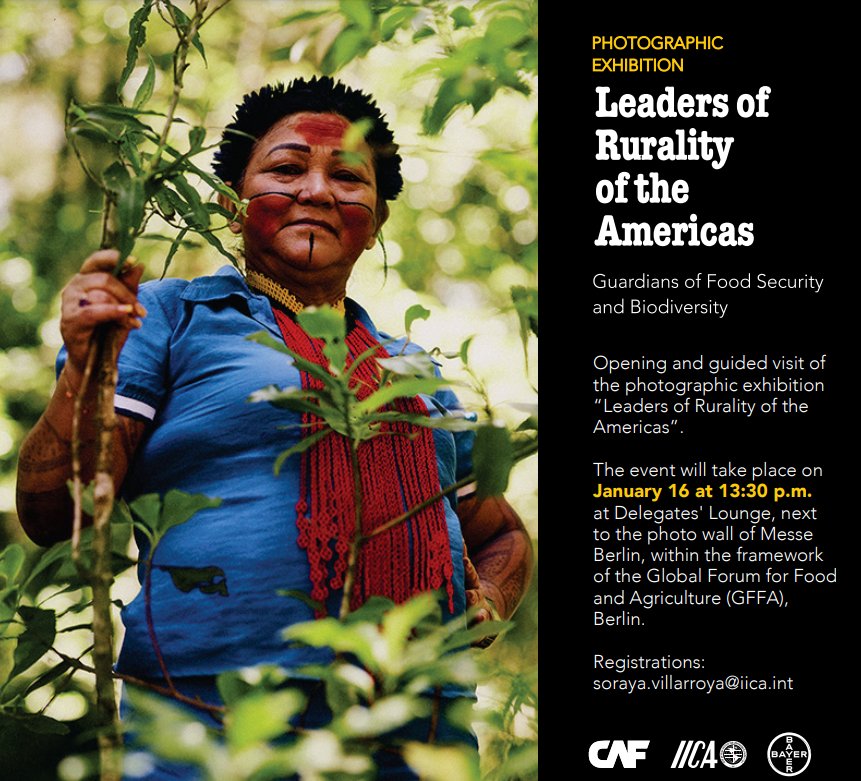El estudio es impulsado por el proyecto “Apoyo a la formulación de Acciones Apropiadas de Mitigación en la Agricultura Centroamericana”, el programa Euroclima+, financiado por la Unión Europea, en diversos tipos de ganaderías.
La Libertad, El Salvador. 3 de agosto de 2020 (IICA). – El Salvador contará con un estudio científico que determine las emisiones de gases de efecto invernadero (GEI) generadas en diferentes tipos de ganaderías, como una acción del Proyecto “Apoyo a la formulación de Acciones Apropiadas de Mitigación en la Agricultura Centroamericana”.
El proceso de identificación y caracterización de los sitios donde se realizará la medición ha iniciado en cuatro departamentos del país, Chalatenango, San Vicente, San Miguel y Morazán, que contarán con puntos de sondeo. En total, serán 11 en todo El Salvador.
La información será recolectada en campo a través de un seguimiento periódico y monitoreo de los gases metano, óxido nitroso y dióxido de carbono, en ganaderías con manejo estabulado y semiestabulado.
Los factores que se observarán incluyen variaciones en el ganado, alimentación de bovinos, tratamiento del estiércol, desparasitación, vacunación y cambio en suplementos, entre otros. Todos los datos quedarán registrados en bitácoras de seguimiento técnico.
Posterior a las observaciones en campo, el proyecto aplicará visitas especializadas con equipo tecnológico operado por expertos suramericanos. Esa fase se llevará a cabo cuando el país restablezca el tráfico aéreo comercial en su totalidad.
Los resultados del estudio facilitarán la elaboración de un protocolo de medición y verificación para determinar políticas sectoriales y selección de tecnologías de mitigación recomendadas. Además, los propietarios de ganaderías identificarán prácticas promisorias bajas en carbono para colaborar, directamente, con una reducción de GEI y definirán acciones de mitigación y adaptación al cambio climático.
Un ejercicio similar se realizará en Panamá aplicado al cultivo del arroz. El trabajo técnico en ambos países permitirá contar con una línea de base como parte de los resultados en agricultura resiliente baja en carbono.
“Apoyo a la formulación de Acciones Apropiadas de Mitigación en la Agricultura Centroamericana” es un proyecto que forma parte del componente Producción Resiliente de Alimentos de Euroclima+.
Sobre EUROCLIMA+
EUROCLIMA+ es un programa financiado por la Unión Europea para promover el desarrollo ambientalmente sostenible y resiliente al clima en 18 países de América Latina, en particular para el beneficio de las poblaciones más vulnerables. El Programa se implementa bajo el trabajo sinérgico de siete agencias: Agencia Española de Cooperación Internacional para el Desarrollo (AECID), Agencia Francesa de Desarrollo (AFD), Comisión Económica para América Latina y el Caribe (CEPAL), Expertise France (EF), Fundación Internacional y para Iberoamérica de Administración y Políticas Públicas (FIIAPP), Deutsche Gesellschaft für Internationale Zusammenarbeit (GIZ) GmbH y ONU Medio Ambiente.
Más información: jorge.trejo@iica.int
#EUROCLIMAplusAlimentos
Página web: www.euroclimaplus.org










